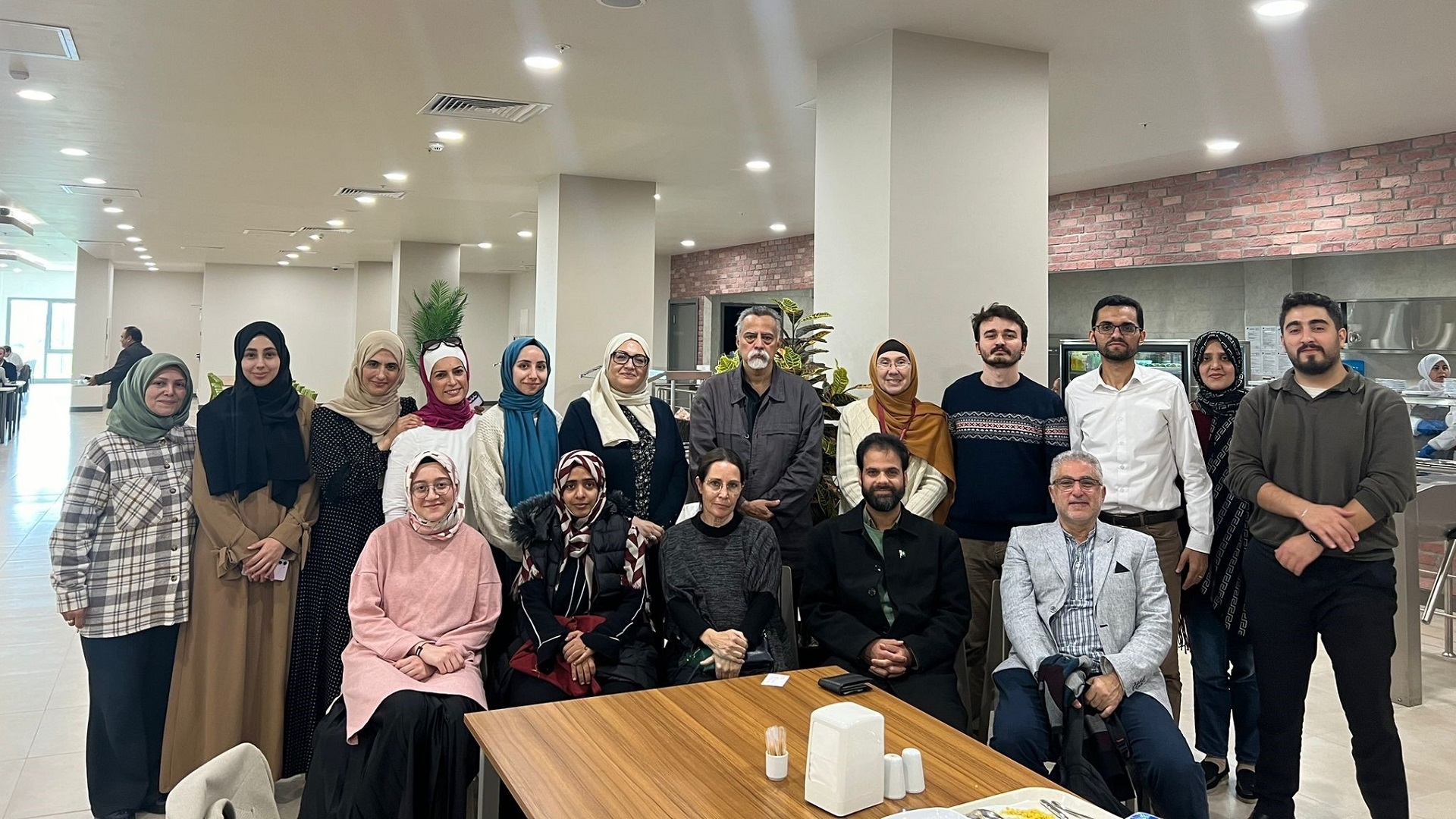


Prof. Alatas, a faculty member of the Department of Sociology at the National University of Singapore, who has made significant contributions to the debate on the decolonization of knowledge, is interested in Islamic sociology, social theory, religion and reform theories. Prof. Alatas, who has published many books and articles and is known for his emphasis on Ibn Khaldun's thought, met with students from various departments of our University such as Philosophy, Sociology, History and Psychology at the Faculty of Humanities and Social Sciences on November 21 and held consultations on the decolonization of social sciences and the Muslim intellectual tradition.
In his speech, Prof. Alatas emphasized the 3 basic elements of colonial and Eurocentric knowledge: universality, distortion and silence. Starting with universality, Prof. Alatas emphasized that the discovery of America is often celebrated as a great achievement of Europe and then generalized as a universal milestone for all humanity, arguing that the European perspective is presented as an objective and universally binding lens through which the world can be understood.
Noting that this universality then gives rise to a second dimension of distortion, Prof. Alatas pointed out that European history, which is considered a great achievement by all, represents an experience of exploitation and inhumanity from the perspective of indigenous peoples. Aiming to show how reality is distorted and a distorted understanding of historical events is perpetuated, Prof. Alatas went on to say that this distortion leads to a third dimension of silence. Pointing out that non-European voices, concepts and experiences are ignored and marginalized under the debris of Eurocentric narratives, Prof. Alatas drew attention to the silencing of non-European concepts and systems of thought on a global scale by transcending geographical boundaries and revealed the impact of colonialism on the intellectual plane.
*In his talk on decolonizing knowledge, Prof. Syed Alatas emphasized the need to include non-European thinkers and sociologists such as Ibn Khaldun and al-Biruni in the curricula, as well as the study of various authentic concepts. Towards the end of his talk, Alatas pointed out that Eurocentrism is not the only problem that threatens the field of knowledge and stressed the importance of addressing additional problems such as male-centrism, sectarianism and ethnocentrism. The event ended with a collective lunch, which provided an opportunity for consultation among the participants.